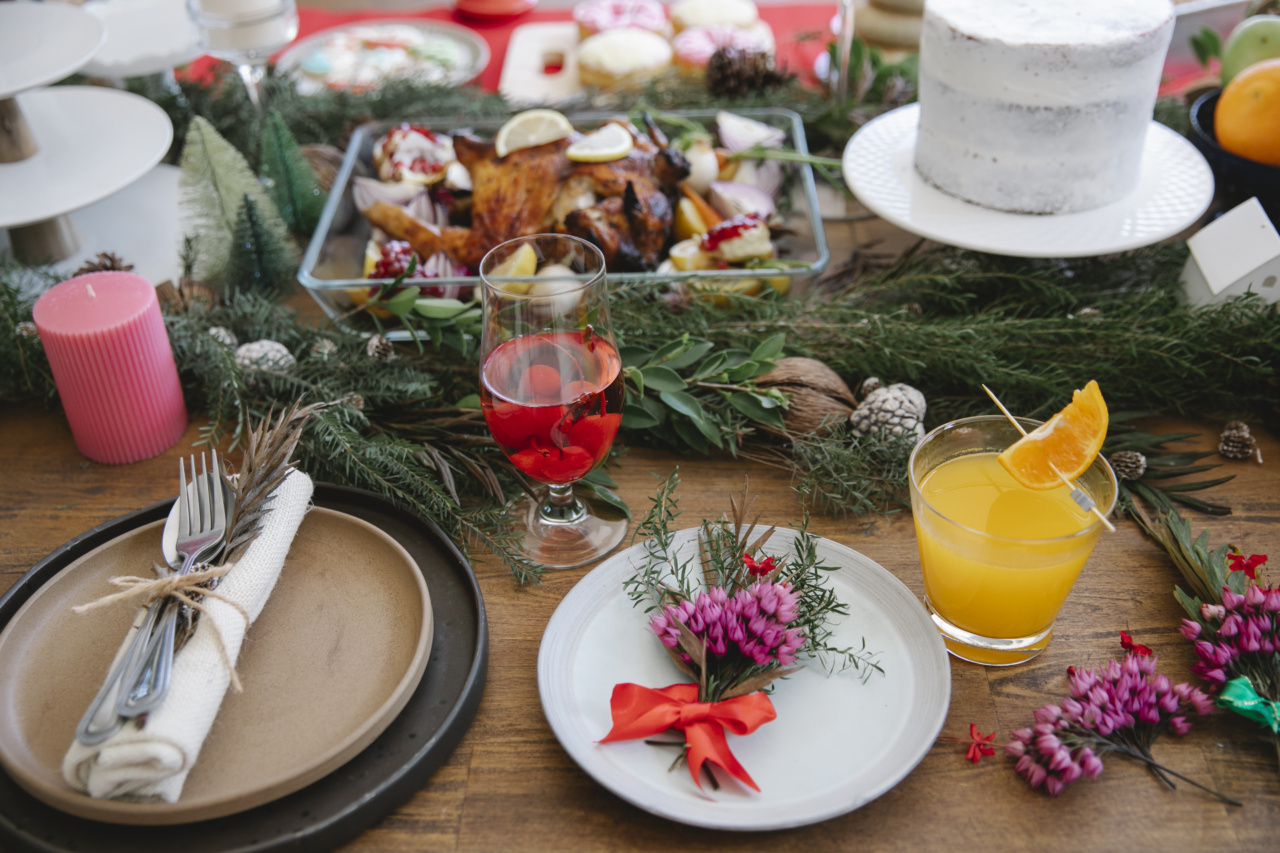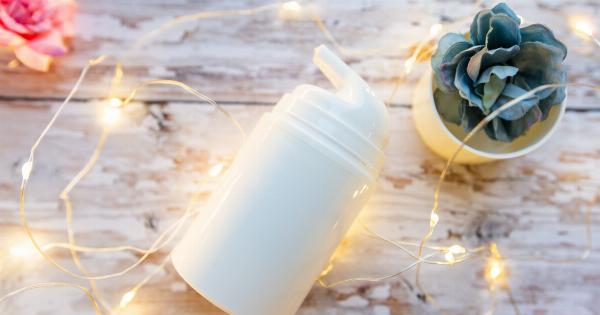Christmas is a time of joy and festivities. It is the time when families, friends, and loved ones come together to celebrate the birth of Jesus Christ. One of the key components of Christmas celebrations is food.
Preparing a hygienic Christmas feast is important to ensure that everyone stays healthy and happy. Here are 10 basic rules to follow while preparing your Christmas feast:.
1. Always Clean Your Hands
Hygiene begins with personal cleanliness. Ensure that you wash your hands thoroughly before preparing your Christmas feast. Use soap and warm water for at least 20 seconds to kill germs and prevent the spread of bacteria and viruses.
2. Keep Your Kitchen Clean
A clean kitchen is essential for preparing a hygienic Christmas feast. Make sure your kitchen is spotless by cleaning all surfaces, including countertops, cutting boards, utensils, and appliances.
Use hot, soapy water and sanitize surfaces frequently to prevent the spread of germs.
3. Store Food Properly
Storing food properly is a critical element of food hygiene. Avoid cross-contamination by storing raw meat, poultry, and seafood in separate containers and away from other foods. Ensure that your refrigerator is cold enough to prevent bacterial growth.
4. Cook Food Thoroughly
Undercooked food can cause food poisoning. Ensure that all meat, poultry, and seafood are cooked to the recommended temperature. Use a meat thermometer to confirm the internal temperature of your food.
Cook your food to an internal temperature of at least 165°F to destroy foodborne pathogens.
5. Use Fresh Ingredients
Using fresh ingredients is a great way to ensure the safety and flavor of your Christmas feast. Stay away from canned or expired foods as they can contain harmful bacteria. Opt for fresh vegetables, fruits, and meats instead.
6. Avoid Cross-Contamination
Contamination is a major cause of foodborne illnesses. To avoid cross-contamination, use separate cutting boards, utensils, and containers when preparing different types of food.
If you work with raw meat, poultry, or seafood, make sure to clean your hands and surfaces before handling other ingredients.
7. Chill Food Rapidly
After cooking your Christmas feast, chill food rapidly. This helps to prevent bacteria from growing. Place hot food in shallow containers and refrigerate immediately. Allow food to cool before covering it to prevent condensation.
Store leftovers in an air-tight container and use within four days.
8. Keep Food at Safe Temperatures
While serving your Christmas feast, it is essential to keep your food at safe temperatures. Use hot plates to keep your food warm and refrigerate any leftovers promptly.
Discard any food that has been sitting out for more than two hours to avoid the growth of bacteria.
9. Practice Safe Food Handling
Proper food handling is key to preparing a hygienic Christmas feast. Always use clean utensils when serving your food. Use gloves or tongs when handling raw meat, poultry, and seafood. Avoid licking your fingers or coughing while preparing your food.
10. Educate Yourself on Food Safety
Finally, educate yourself on food safety. Familiarize yourself with the common symptoms of food poisoning and what to do if you or a loved one becomes ill.
Stay up to date on the latest food safety guidelines and regulations to ensure that your Christmas feast is both safe and delicious.
Conclusion
Preparing a hygienic Christmas feast is crucial to ensure the safety and wellbeing of your loved ones. Follow these 10 basic rules to maintain hygiene and prevent foodborne illnesses.
Remember that good hygiene practices should be followed every day, not just on special occasions.



























